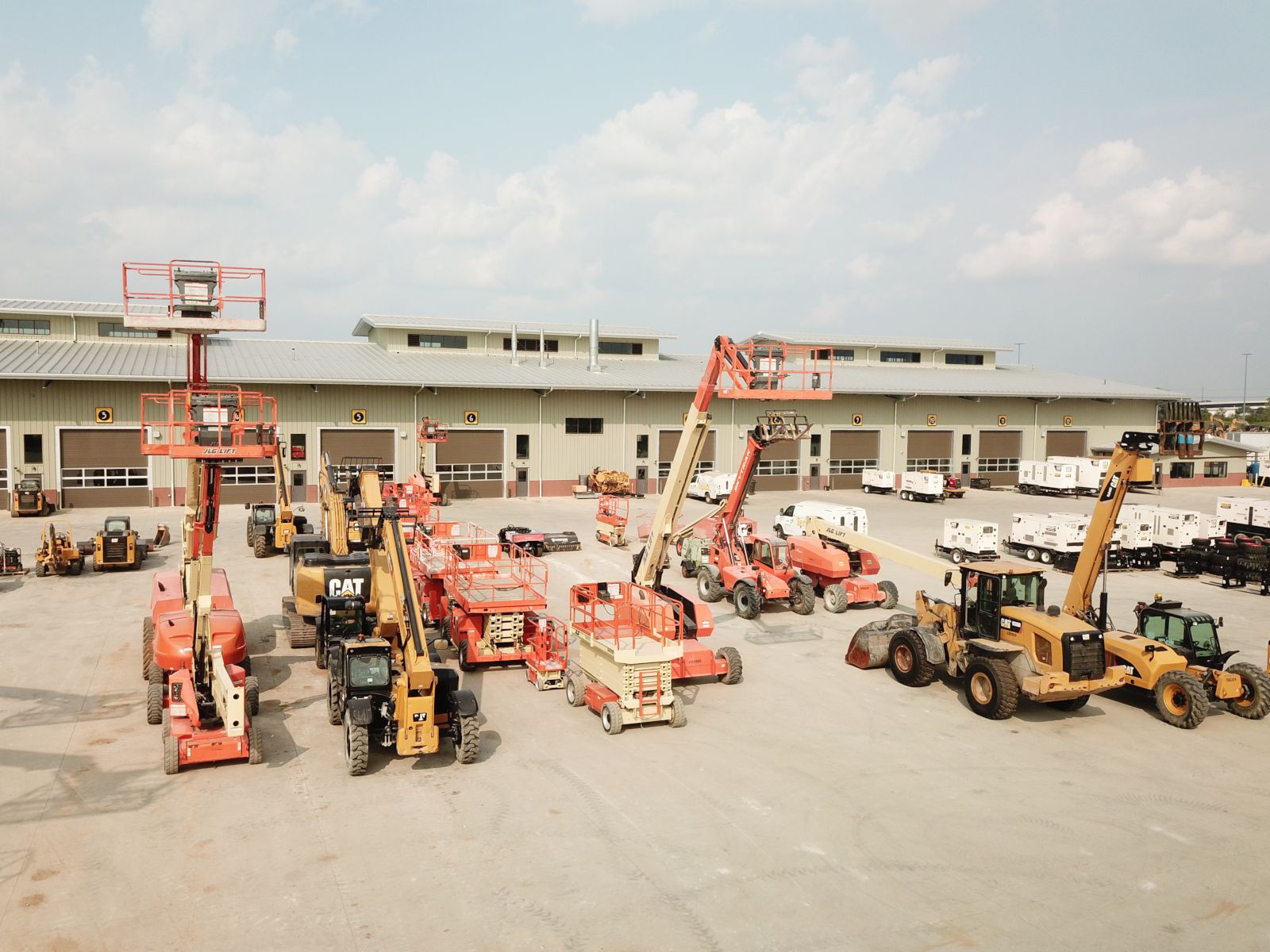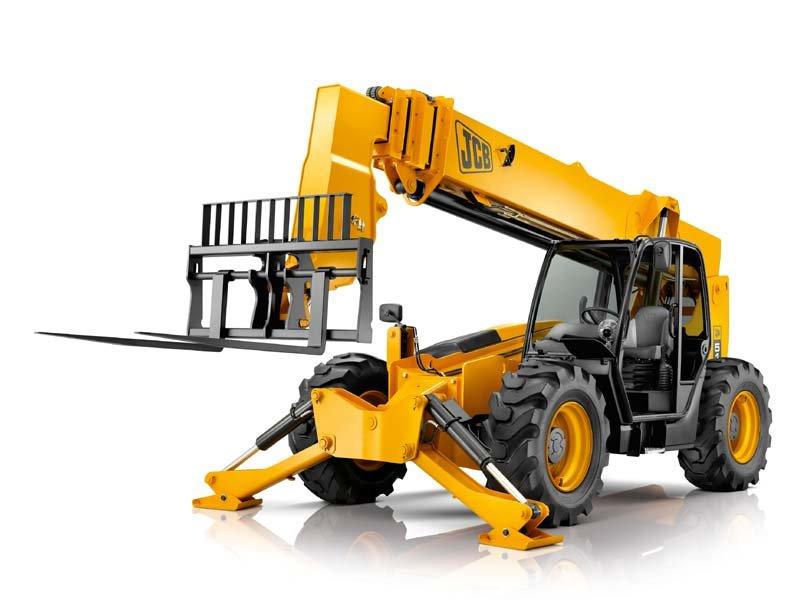Aerial Lift Rental: Versatile Training Solutions for High-Access Jobs
Aerial Lift Rental: Versatile Training Solutions for High-Access Jobs
Blog Article
Maximize Your Spending Plan by Recognizing the Expenses Related To Building Tools Rentals
Understanding the full extent of expenses related to construction tools leasings is important for maximizing your spending plan. While the preliminary rental fee might seem straightforward, countless extra expenses-- such as transport, fuel additional charges, and upkeep-- can rapidly gather, affecting your financial preparation. Being conscious of various fees and the intricacies of rental arrangements can help prevent unexpected monetary burdens. What methods can be employed to successfully manage these expenses and make certain a more reliable rental experience?
Summary of Rental Costs
When taking into consideration building equipment leasings, understanding the associated expenses is critical for reliable budgeting and job preparation. Rental expenses can differ dramatically based on numerous aspects, including devices type, duration of leasing, and location. The first rental charge frequently reflects the equipment's market demand and its linked operational capacities, influencing the general expense.
In enhancement to the base rental price, ancillary prices may occur, such as transport fees, fuel additional charges, and maintenance fees. It is essential to represent these added expenses to precisely analyze the total expense of leasing tools. The rental period can affect rates; longer services may qualify for reduced prices, while temporary services might incur higher day-to-day charges.

Break Down of Rental Rates
An extensive understanding of rental rates is essential for contractors and task supervisors intending to optimize their budgets. Rental rates for building and construction equipment normally are composed of several elements, consisting of base rates, time-based charges, and usage fees.
Base rates are the core costs related to the service of the equipment, often figured out by the kind and size of the equipment. These prices can differ dramatically, affected by factors such as tools need, availability, and local market trends. Time-based charges, which may be daily, weekly, or monthly, offer to fit different job timelines and rental durations.
Additionally, rental rates may include use charges, which apply when equipment is utilized beyond a specified threshold, ensuring that the rental firm can account for damage. Seasonal need variations can also impact rental rates, with peak building periods commonly commanding greater costs.
Furthermore, recognizing the rental company's policies concerning upkeep and insurance can provide further insight right into the overall cost framework. By examining these components, specialists can make informed decisions, making certain the option of rental tools aligns with both task demands and spending plan restrictions.
Added Costs to Take Into Consideration
Comprehending the details of additional fees is critical for service providers to handle their overall rental expenses successfully. Beyond the standard rental rates, various auxiliary costs can considerably influence the complete price of devices leasing. These charges usually consist of shipment and pickup costs, which can differ based upon distance and logistics involved in delivering the equipment to and from the job website.
Moreover, some look at these guys rental companies might enforce fuel surcharges if the equipment is returned with much less fuel than when leased. It is also essential to understand prospective cleansing fees, specifically for customized equipment that requires comprehensive maintenance after usage.

Completely assessing the rental agreement and clearing up these additional fees upfront can assist professionals ensure and stay clear of unanticipated expenses that budget plans continue to be intact throughout the task lifecycle.
Maintenance and Repair Service Expenditures
Regular repair and maintenance costs are frequently forgotten factors that can substantially affect the total expense of building and construction devices services. When renting out devices, it is important to take into consideration not just the rental costs yet also the potential expenses linked with maintaining the machinery in ideal operating condition.
Lots of rental companies include fundamental maintenance as component of the rental contract; nonetheless, a lot more unexpected breakdowns or substantial repair services can result in extra expenditures. It's necessary to examine the rental contract very carefully to understand what upkeep services are covered and what duties fall on the renter.
Furthermore, devices that is not well-kept can result in ineffectiveness on duty site, official website possibly causing hold-ups and raising job expenses. To reduce these dangers, it is advisable to conduct regular evaluations and preserve open communication with the rental copyright regarding any issues that develop during use.
Insurance and Responsibility Prices
Insurance policy and responsibility prices are critical parts that can substantially affect the general expense of construction tools rentals (equipment rental company). These costs make certain that both the rental firm and the client are safeguarded from potential economic losses developing from accidents, damages, or theft during the rental duration

Furthermore, clients must recognize any kind of deductibles or exclusions in the insurance coverage policy, as these can impact potential out-of-pocket costs. Recognizing the terms of any kind of insurance protection is vital to prevent unanticipated costs. Inevitably, budgeting for insurance and obligation expenditures can help make sure a smoother rental experience and shield against monetary threats related to building tasks.
Final Thought
In verdict, a detailed understanding of the expenses connected with building equipment rentals is essential for effective spending plan monitoring. Eventually, notified decision-making concerning equipment services adds to the general success of construction endeavors.
Rental prices can vary substantially based on several factors, consisting of devices type, period of service, and place (forklift rental). The rental period can impact rates; longer leasings may certify for reduced prices, while short-term rentals may incur greater daily costs
By carrying out extensive research and involving with trustworthy rental business, professionals can properly navigate the intricacies of rental pricing, inevitably maximizing their economic resources.
Past the conventional rental rates, different extra charges can significantly affect the total expense of tools leasing. Rental firms often supply obligation insurance policy that covers injuries to third celebrations or damages to residential property, while equipment damages insurance policy can cover the cost of repair services or substitute if the rented devices is harmed.
Report this page